Qatar renews call to link gas prices to oil
 |
"This is the best way (for) stability to be brought back into the market," said Qatari Energy Minister Abdullah bin Hamad al-Attiyah.
"If there were to be an agreement on gas pricing, the market would be open to everyone," he told reporters on the sidelines of a one-day gas forum in Doha.
"There would be a guaranteed supply, instead of having exporters switching destinations of their exports depending on (offered) prices."
Gas prices are determined either in long-term contracts between seller and buyer, which some exporters index to oil, or on spot markets.
But the energy chief of Qatar, which sits on the world's third largest reserves of natural gas, brushed aside questions on calls to form a cartel of gas exporters like OPEC which influences prices by setting quota allocations.
"No cartel," he said in a curt response.
Qatar is home to the Gas Exporting Countries Forum, whose members control 69 percent of proven global natural gas reserves.
The idea of a "gas OPEC" gained momentum in 2006 after Europe's main suppliers, Russia's Gazprom and Algeria's Sonatrach, signed a partnership accord.
But the idea which alarmed consumer countries in Europe soon lost steam as gas exporters did not appear keen on production quotas.
At the forum, Attiyah advocated switching to natural gas as an ideal energy source that reduces carbon emissions.
"Given the many advantages of natural gas over other fossil fuels that emit more carbon dioxide per unit of energy consumed, switching to natural gas seems to be a sensible approach that can mitigate the effect of greenhouse gases," he said.
Attiyah also told forum participants that natural gas saw the largest drop in consumption last year in the primary energy mix.
World gas demand dropped by 2.1 per cent in 2009 due to the global economic recession, according to the International Energy Forum (IEF) and International Gas Union (IGU), the joint organisers of the forum.
They said in a joint paper that demand declined in Organisation for Economic Cooperation and Development countries by 3.1 per cent, with Europe most affected, as well as non-OECD Russia where demand dropped by as much as 6.1 per cent.
But demand in robust China and India surged by a respective 9.4 per cent and 25.9 per cent in the same period, as the Middle East also saw a growth in demand of 4.4 per cent.
An oversupply of natural gas, or a "gas glut," is what currently irks exporters, as increased liquefaction capacity and a rise in the supply of the US unconventional shale gas faced low demand over the past two years.
"A surge in volumes coupled to a weak demand resulted in a global gas over supply," the IEF-IGU said in the paper.
Attiyah, whose country is now the world's largest exporter of liquefied natural gas, sounded unfazed by the competition to LNG from shale gas, saying on the contrary that it supports gas as an adequate source for energy.
"In the past there was a fear that gas was not enough ... Now we can confirm that there is enough gas," he told reporters.
A concluding IEF-IGU statement said discussions behind closed doors at the forum highlighted the challenge faced by the gas industry which needs cumulative investments projected to amount to 7.1 trillion dollars between 2010 and 2035.
"The challenge facing the (gas) industry is to take the long-term view and continue to invest... despite uncertainties surrounding the economic downturn and current market conditions characterised by a gas glut and relatively low prices," it said.
The statement also acknowledged that global spot markets are gaining maturity "leading to a more liquid market" and that falling gas prices on the spot markets are much lower than prices in long-term oil-indexed contracts, saying that this is leading to adjustments in gas prices in long-term contracts.
What the stars mean:
★ Poor ★ ★ Promising ★★★ Good ★★★★ Very good ★★★★★ Exceptional
Related Contents
Latest News
More News
- Policy tools in play as exchange rate rises (July 07, 2025 | 13:00)
- Vietnamese banking sector a rising ASEAN dragon (July 07, 2025 | 12:12)
- National Assembly's Resolution on International Financial Centre issued (July 04, 2025 | 15:51)
- Embedding international standards into Vietnam’s financial and banking workforce (July 04, 2025 | 10:54)
- Vietnam’s BNPL market set for changes amid intensifying competition (July 03, 2025 | 14:29)
- Vietnam works towards stock market upgrade in September (July 03, 2025 | 14:26)
- Gold monopoly policy retooling in the works (July 02, 2025 | 16:00)
- Vietnam eyes rate cuts amid ample liquidity and FX pressure (July 02, 2025 | 13:17)
- Stock market buoyed by upbeat earnings forecasts (July 02, 2025 | 13:08)
- Tax policies and market clean-up boost retail stocks (July 02, 2025 | 13:00)



 Tag:
Tag:



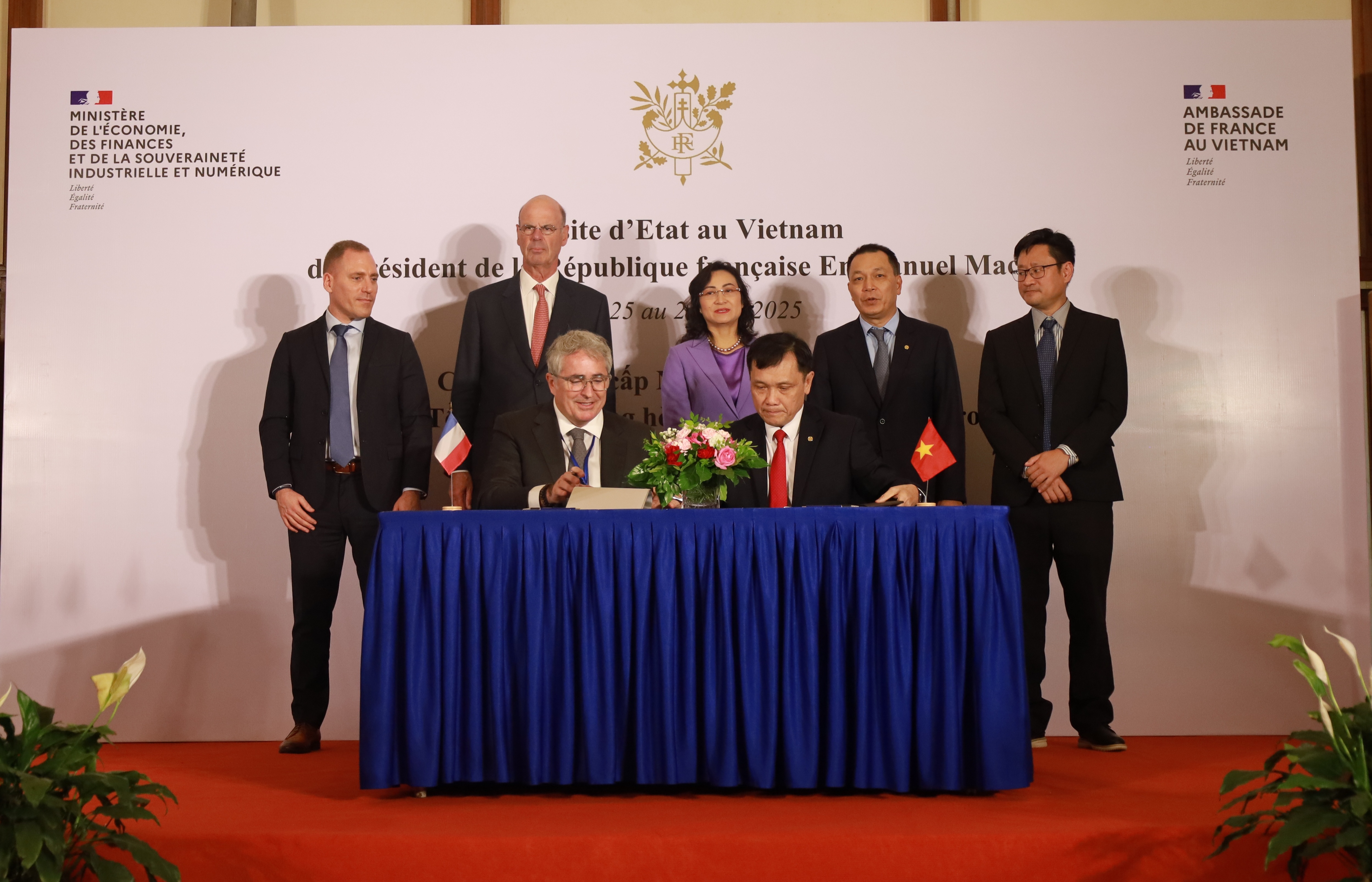
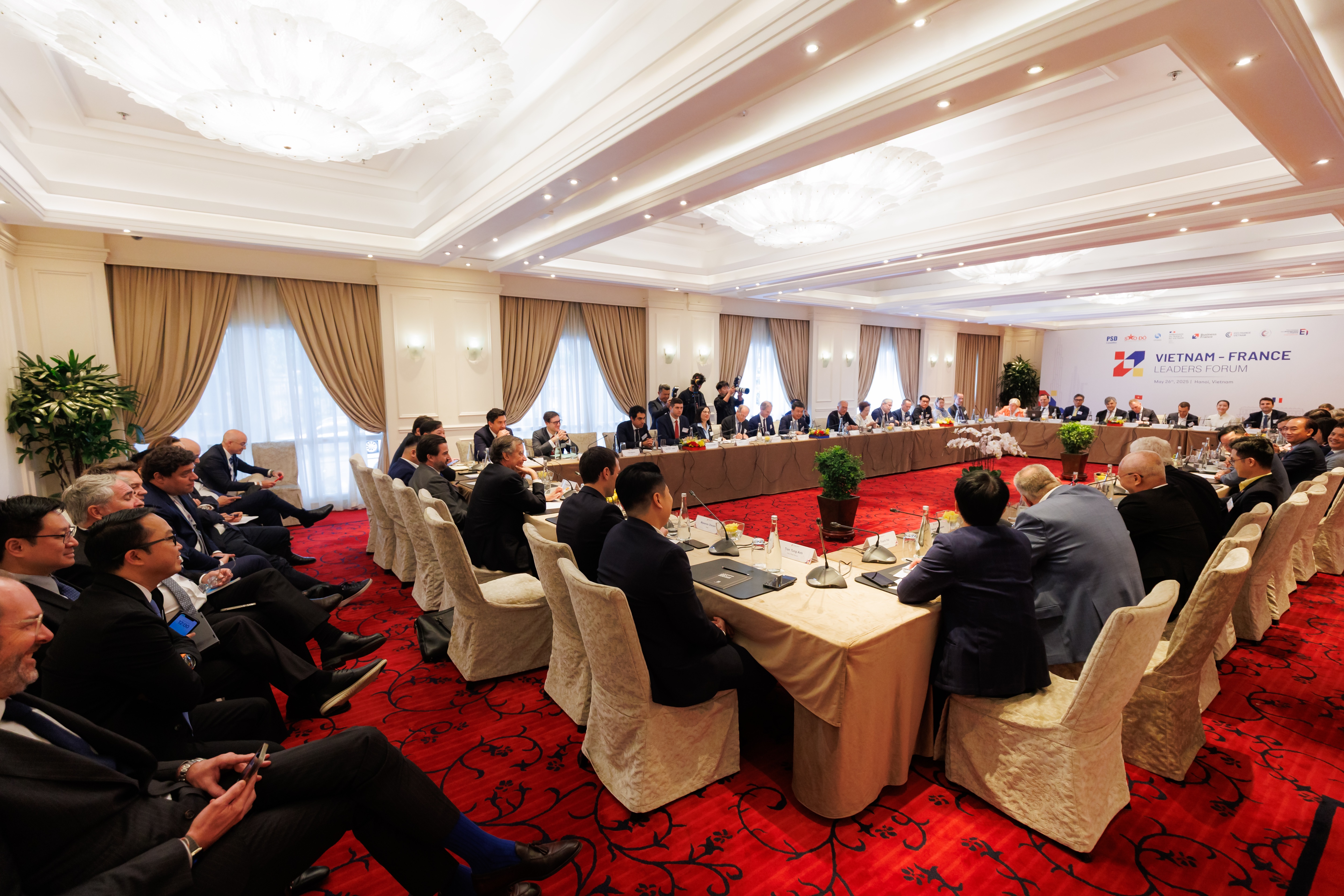
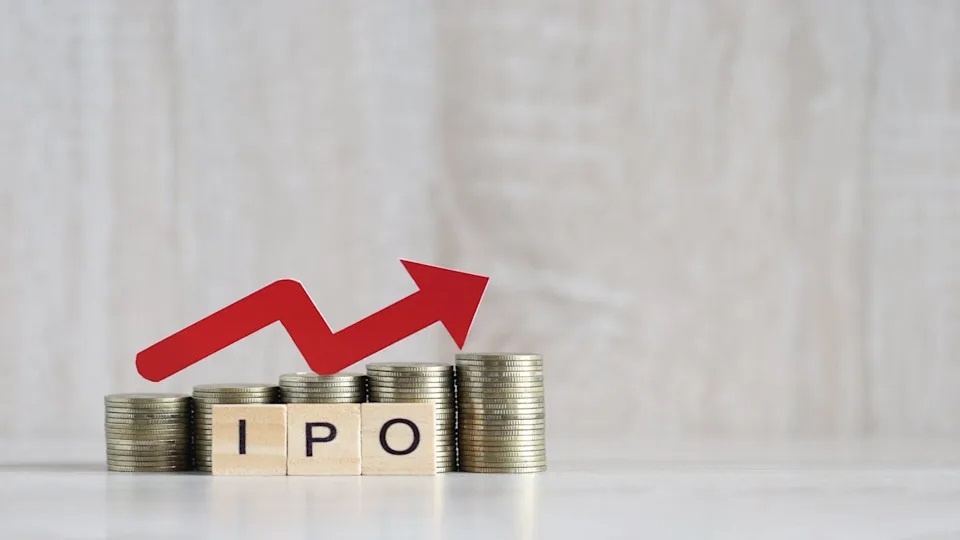








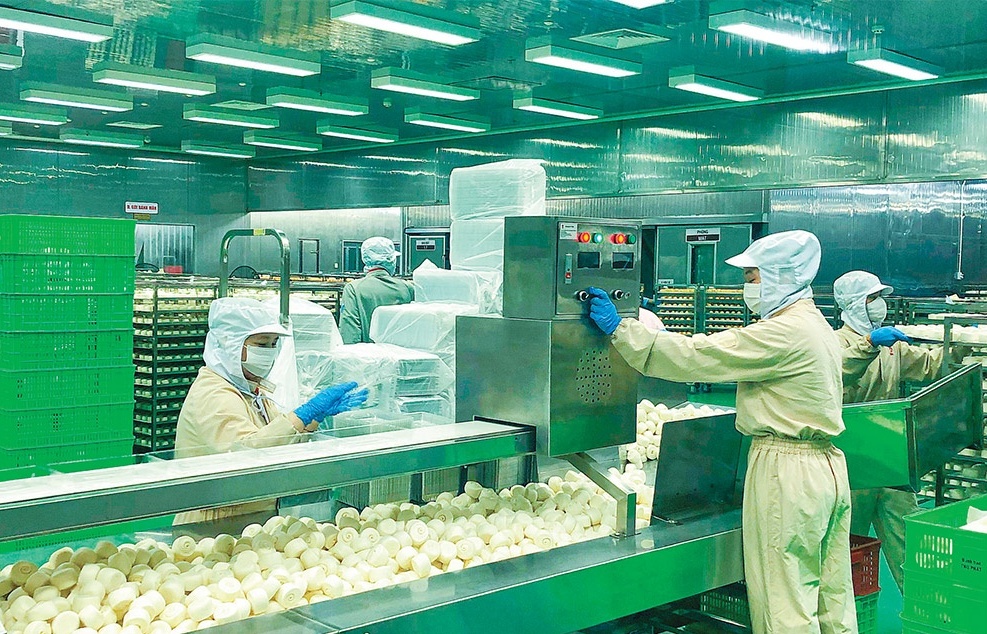
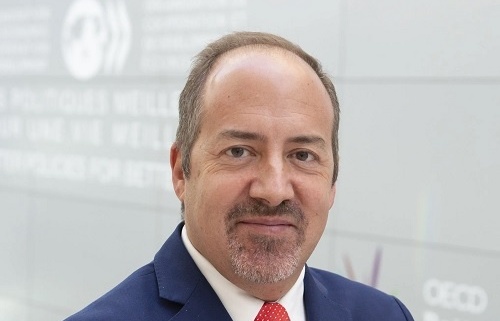



 Mobile Version
Mobile Version